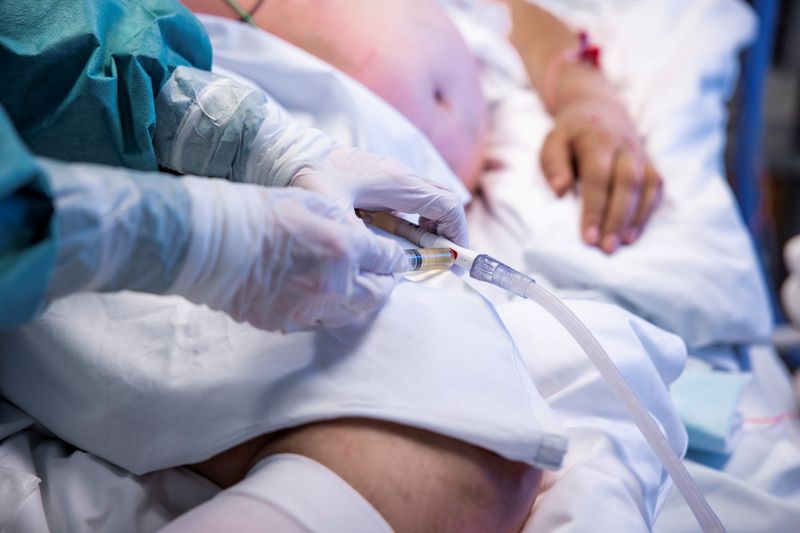OSLO (Reuters) – Norway will impose fresh restrictions to prevent a resurgence in the spread of the coronavirus, Prime Minister Erna Solberg said on Sunday, including a nationwide ban on serving alcohol in restaurants and bars and not inviting guests home.
The Nordic country has seen a rise in cases over the past month and now estimates its R number – which represents the average number of people that one infected person will pass the virus on to – stands at 1.3.
“We see more signs of a new wave of infections,” Solberg told a news conference, citing Christmas and New Year’s Eve celebrations and the emergence of the more contagious variant of the virus first identified in Britain among the reasons.
Norwegians must put their social lives on hold for the next two weeks in order to keep the virus under control, she said.
“I ask you not to have any visitors at home. Wait a fortnight before inviting anyone home or visiting others,” she said.
A day earlier the government announced that university lectures were suspended and told students to stay at home.
Shops, kindergartens and elementary schools will remain open. Middle schools and high schools will also remain open but will use more remote learning than currently.
All travel for private purposes, be it foreign or domestic, is now discouraged. Norway had already some of the toughest travel restrictions in Europe, requiring non-residents to have proof they are COVID-19 negative before entering the country.
On Thursday, Oslo imposed mandatory COVID-19 tests for all people entering Norway from abroad, either upon arrival or within 24 hours, to stop the spread of the coronavirus variant detected first in Britain.
Small border crossings have been shut as they do not have capacity to have COVID-19 test centres and more military personnel will man the border with Finland in the Arctic.
Norway’s 14-day cumulative number of COVID-19 cases per 100,000 inhabitants was at 113.6 in the week Dec. 21-27, the fourth lowest in Europe behind Iceland, Greece and Finland, the European Centre for Disease Prevention and Control has said.
(Editing by Raissa Kasolowsky)























